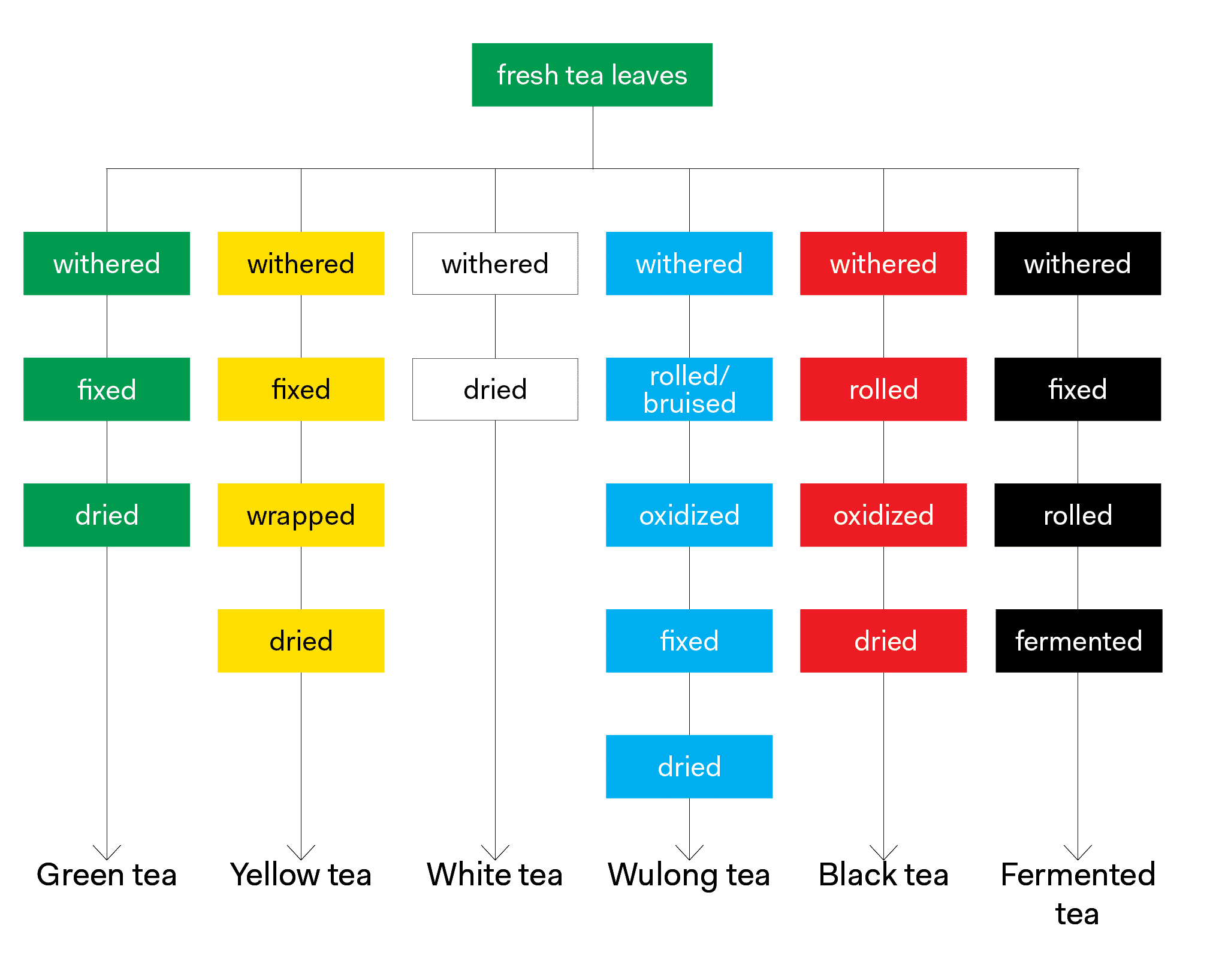So many times I meet people that have been told erroneous information about tea. I have met countless people searching for certain teas that will cure certain disorders, from sleep apnea to arthritis. I drink tea because it tastes good, tea is not a medicine to me, and I don’t believe in selling tea as a “medicine.” I believe it is a deceptive practice, and one that many are susceptible to, If you knew nothing about tea and someone told you that it would help you lose weight, you would probably believe them, right?
Examples of Bad Information
[blackbirdpie url=”http://twitter.com/TeaBenefitsCom/status/42229795894988800″][blackbirdpie url=”http://twitter.com/CraigBaylor/status/44505534375788544″][blackbirdpie url=”http://twitter.com/TEAVANA/status/44532734277849088″]
What You Can Do About It
When a customer asks you a question about tea, if you don’t know the answer, don’t give them one. I have simply said “I’m not sure” many times, and I explain that there are conflicting sources out there regarding the fact, or that I simply just don’t know the answer.
No matter how much you think sales will increase, touting health benefits as a reason for drinking tea makes tea a medicine, and the FDA says that making health claims “establish that the product is a drug because it is intended for use in the cure, mitigation, treatment, or prevention of disease.” Lipton did this recently and they received this lengthy letter from the FDA. Here is the most important part from the letter:
For example, your webpage entitled “Tea and Health,” subtitled “Heart Health Research” and further subtitled “Cholesterol Research” bears the following claim: “[F]our recent studies in people at risk for coronary disease have shown a significant cholesterol lowering effect from tea or tea flavonoids … One of these studies, on post-menopausal women, found that total cholesterol was lowered by 8% after drinking 8 cups of green tea daily for 12 weeks ….”
The therapeutic claims on your website establish that the product is a drug because it is intended for use in the cure, mitigation, treatment, or prevention of disease. Your Lipton Green Tea 100% Natural Naturally Decaffeinated product is not generally recognized as safe and effective for the above referenced uses and, therefore, the product is a “new drug” under section 201(p) of the Act [21 U.S.C. § 321(p)]. New drugs may not be legally marketed in the U.S. without prior approval from FDA as described in section 505(a) of the Act [21 U.S.C.
§ 355(a)]. FDA approves a new drug on the basis of scientific data submitted by a drug sponsor to demonstrate that the drug is safe and effective.
Receiving a letter from the FDA isn’t the only consequence from Lipton’s campaign — they have mislead thousands of customers. We know that sex sells on television, and we also know that health and weight loss sell in the tea world — this doesn’t make it right.

There are many great sources out there to consult when faced with a tough tea question or when working on your marketing campaigns that can help you form intelligent statements about tea and the issues surrounding tea:
- Use good sources, learn as much as you can about tea and tea science. When writing about what you’ve learned, cite your research.
- Good starting points are Michael J Coffey’s Tea Geek Wiki, WikiCha, and The Story of Tea by Mary Lou Heiss and Robert J Heiss.
- Join an online tea community and speak with the experts!
Keeping Ahead
Create a Google Alert:
My Google Alert search query: tea -“tea party” -“tea partiers” -leoni -cricket
Notice I filter out “tea party” and “tea partiers,” this takes care of most of the politcal tea party articles, and I filter out leoni because I kept getting articles about Tea Leoni and I filter out cricket because there are a ton of articles reporting the progress of cricket matches when they break for tea. The resulting query should keep you up to date with the latest studies from around the world concerning tea.
Always keep reading and learning. New tea research is being done every year, we as an industry, have the responsibility of keeping up with it so we don’t mislead our customers.




